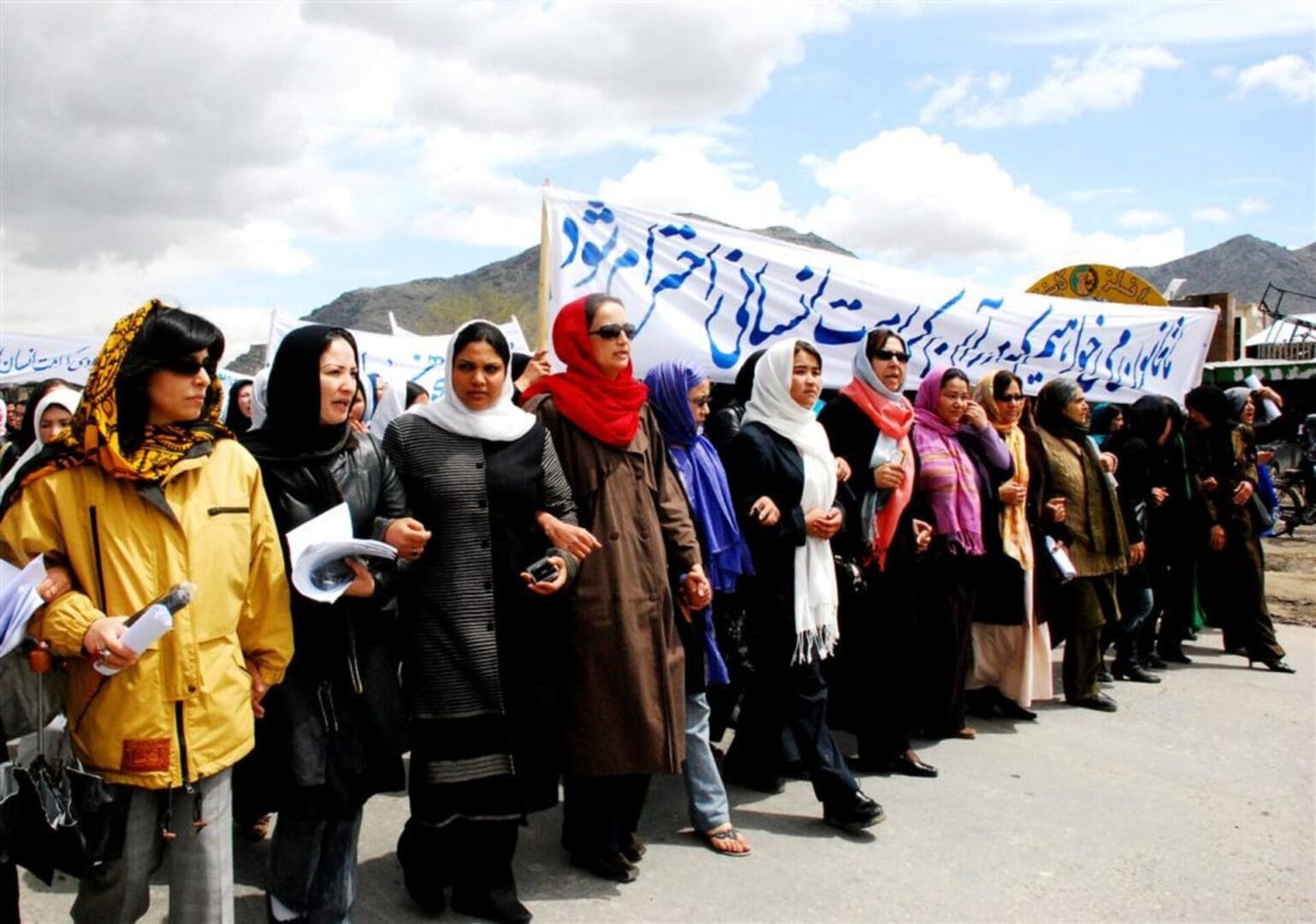The Coalition consists of more than 180 organizations dedicated to building a world where women and girls live free from violence.
A copy of the letter can be found at this link, or can be read in full below.
August 24, 2021
Dear President Biden,
We, the below undersigned organizations, join the Co-Chairs of the Coalition to End Violence Against Women and Girls Globally in deep concern about the growing threat to the rights and safety of women and girls in Afghanistan. With the withdrawal of U.S. presence and the lack of contingency and evacuation plans for vulnerable citizens, Afghan women and girls are fearful for their lives, their safety, and the future of their hard-fought gains in demanding respect for their human rights. In recent weeks as the Taliban took control of more Afghan provinces, reports have emerged of women being pushed out of work, women’s rights defenders facing harassment and corporal punishment or threats of execution, girls facing violence when out in public, and women and girls forced into marriage or sexual slavery to Taliban forces. As one mother told news outlets when the Taliban moved into her village in the first week of August: “The Taliban said if a house had two daughters, at least one should be given in marriage to the Taliban.” As early as six weeks ago, when Taliban forces arrived in Mazar-e-Sharif, most of the clinic and medical facilities were shut and women were forbidden from visiting even the female doctors unless accompanied by a male escort.
As the humanitarian crisis unfolds, many more women and girls will not only face increased need for shelter, health services, food and basic supplies, but also grapple with increased risks of gender-based violence such as child marriage, trafficking, and domestic violence. Many Afghan women fear a return to women’s rights abuses previously experienced under Taliban rule. Evidence has shown that the overall level of violence against women is a better predictor of state peacefulness, compliance with international treaty obligations, and relations with neighboring countries than indicators measuring the level of democracy, level of wealth, and civilizational identity of the state.
The U.S. Government has the power and means to support Afghan women and girls, including keeping the most targeted amongst them from harm. As the Biden Administration responds to the immediate need to evacuate vulnerable Afghans and the growing humanitarian crisis building within Afghanistan’s borders, we urge the following actions:
- Prioritize the urgent evacuation of women’s rights defenders, particularly those already being targeted for harassment, abuse, and violence.
- Suspend bureaucratic requirements for visas to allow evacuations without passports and other paperwork.
- Provide surge support for visa processing and refugee resettlement.
- Increase security for women waiting to evacuate and ensure their safe passage to points of departure.
- Provide humanitarian parole for those at risk of persecution but ineligible under existing visa categories.
- Support and fund the work of Afghan women human rights defenders and peacebuilders, including through mechanisms such as the Women’s Peace and Humanitarian Fund.
- Ensure GBV prevention and response is integrated into humanitarian response plans, including mitigating the risks of child, early and forced marriage; trafficking; and intimate partner violence.
- Help secure shelters serving survivors of domestic violence, rape, and other forms of GBV, and ensure the privacy and protection of their residents, including providing robust funding for GBV services.
- Hold the Taliban and all actors publicly accountable for violations of international humanitarian law and human rights abuses, including gender-based violence.
- Ensure paths to seeking asylum are fully open to Afghans and that durable solutions based on the wishes and needs of Afghan refugees are prioritized, including for women and girls particularly at-risk of GBV.
The Biden Administration has the responsibility to act in support of Afghan women and girls. We call on President Biden and his team to do so urgently and comprehensively.
Sincerely,
Amnesty International USA
Futures Without Violence
Promundo-US
Women’s Refugee Commission
With,
Alliance for Peace Building
Asian Pacific Institute on Gender-Based Violence
Centre for Feminist Foreign Policy
Center for Women’s Global Leadership
Chemonics International
Church World Service
Clearing House on Women’s Issues
DidiBahini
Gender Equality Initiative, Elliott School of International Affairs
Global Fund for Women
Global Gain
Global Rights for Women
Humanity United
Institute for Leadership Studies, University of Kansas
International Action Network for Gender Equity & Law (IANGEL)
International Center for Religion & Diplomacy
International Civil Society Action Network (ICAN)
International Justice Mission
International Planned Parenthood Federation Western Hemisphere Region (IPPFWHR)
Jewish Women International
Last Mile4D
Mina’s List
National Association Social Workers
PartnersGlobal
Population Institute
Population Services International (PSI)
Rotary International Representative to UN Women
The Lamia Afghan Foundation
Together for Girls
Woman for Women International
Women Graduates USA
Women of Color Advancing Peace and Security
Women’s Environment & Development Organization (WEDO)

